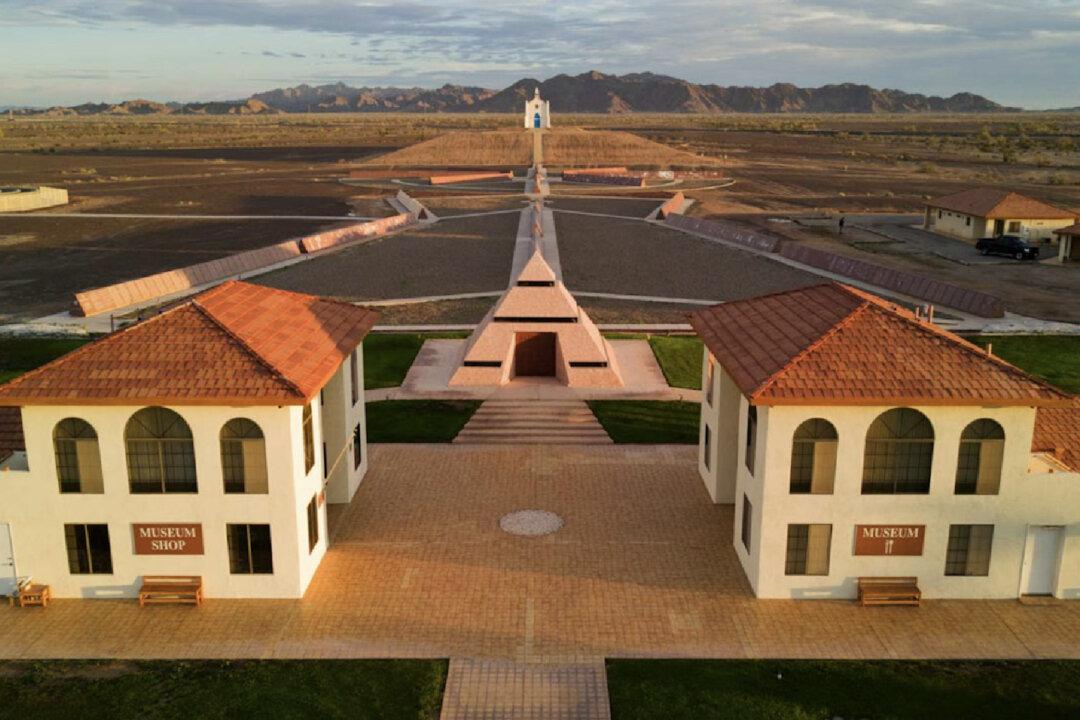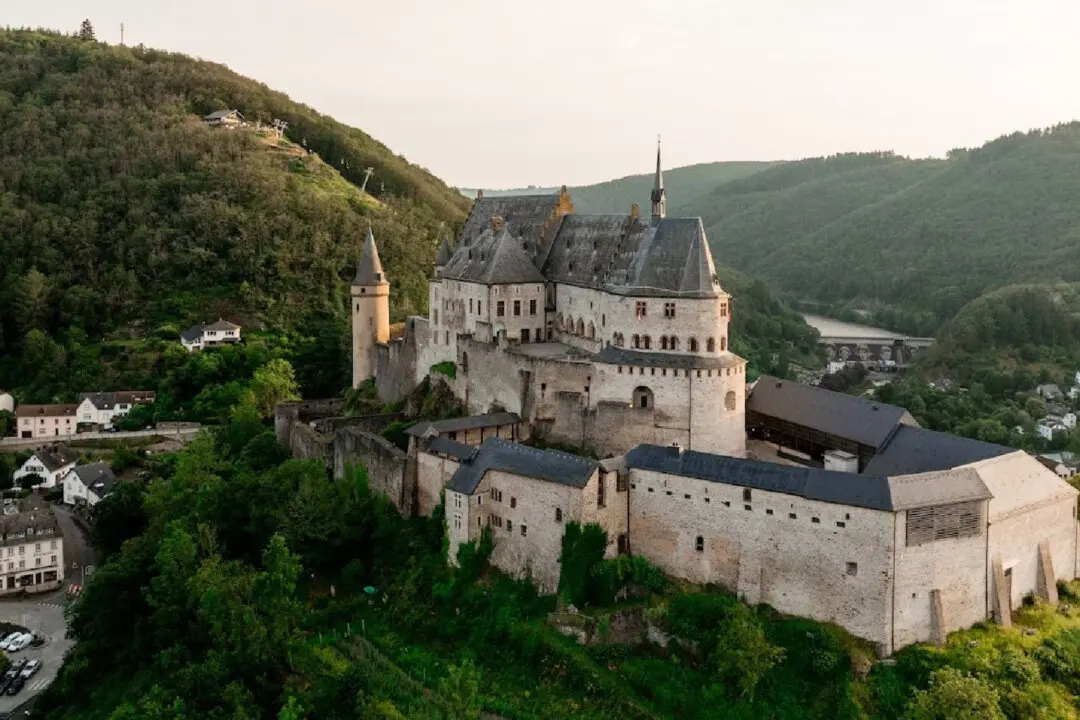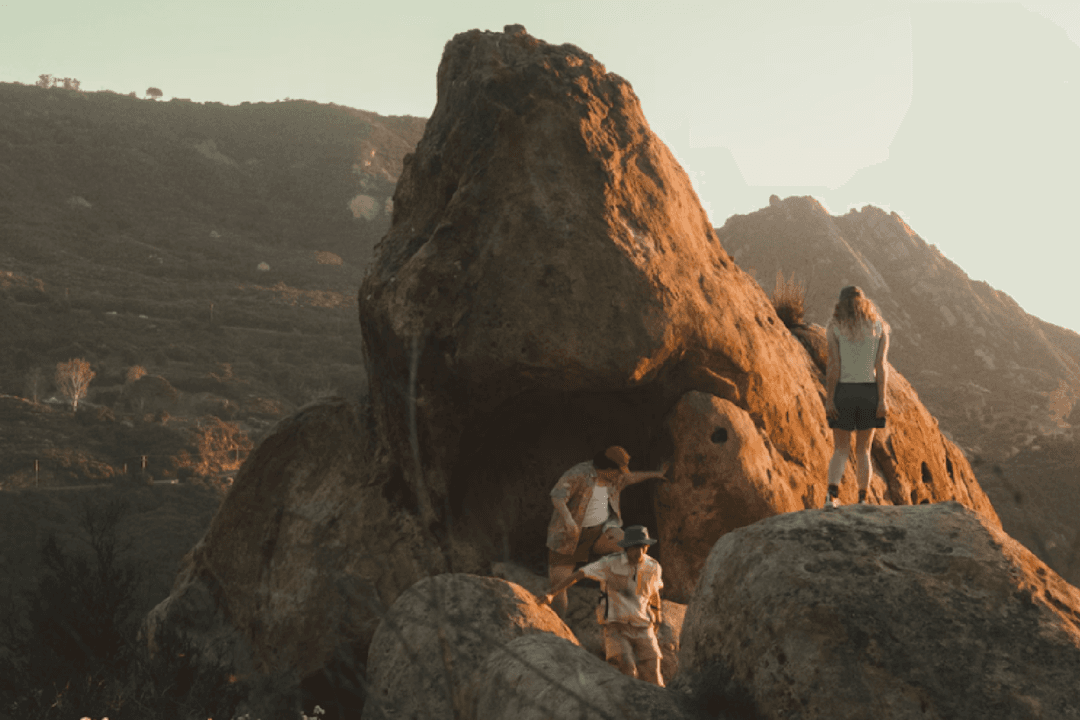A trip to the Official Center of the World is, well, trippy if not intriguing. But it’s well worth a sidebar stop if you’re cruising Interstate 8 a few miles from the California-Arizona border and bored of the vast, flat, snooze-inducing sand and scrub-strewn landscape slowly eating up the horizon miles to your destination.
Out of nowhere, you first see rising out of the Sonoran Desert dunes, an eye-catching and curious bright-white chapel with a distinctive big blue door situated atop a high earth mound protruding from the flat line of the surrounding area. Then (do your eyes deceive you?) a towering sandy-pink colored pyramid.





